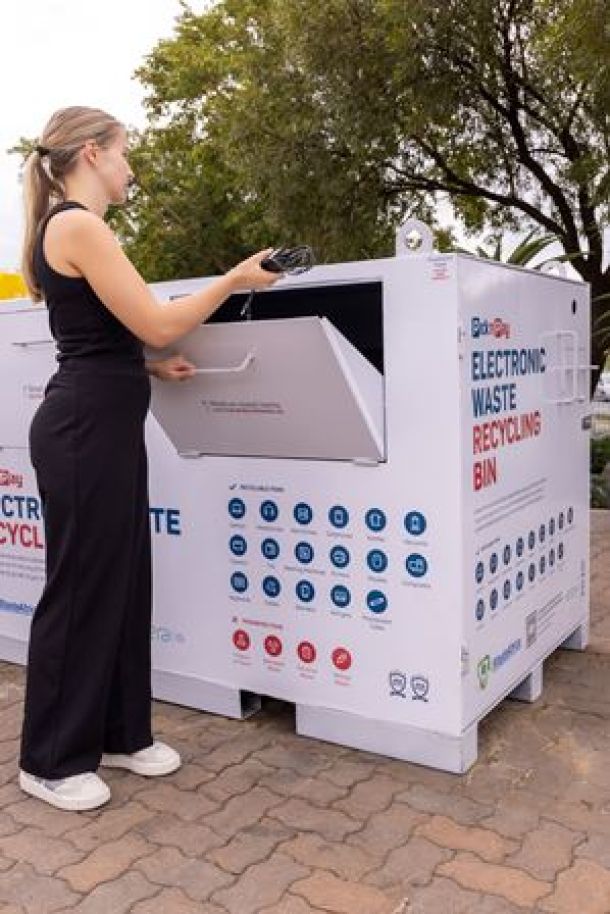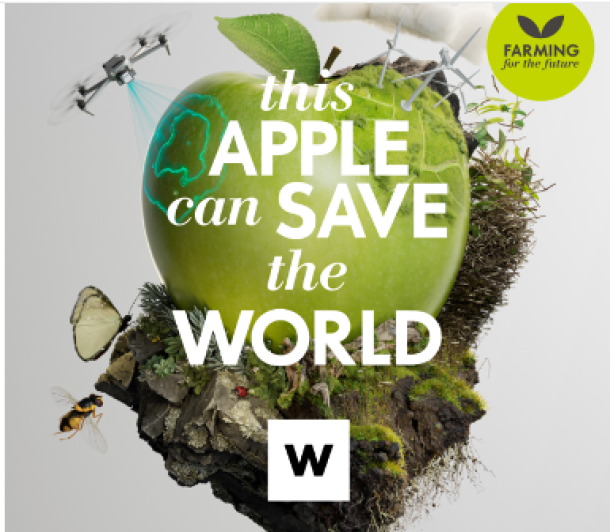Woolworths announces nationwide roll out of low-cost, reusable bags
After a six month trial in four of its Western Cape stores, including the launch of their first plastic bag free store, Woolworths will be rolling out its new low-cost, reusable bag to more stores across the country as well as announcing three more ‘plastic shopping bag free’ stores.
During the trial, which was launched in November 2018, over 100 000 single-use bags were saved from going out into the environment as customers opted for affordable, reusable shopping bags. Steenberg Village Woolies stopped selling single use plastic bags completely.
The project, which aims to positively shift consumer behaviour to choosing reusable bags, is an important part of Woolworths commitments to achieve its ambitious ZERO packaging waste to landfill vision, which includes the commitment to ensuring that all packaging is recyclable or reusable by 2022, and to specifically phase out single-use plastic bags by 2020.
"We want to thank our customers for taking part in the trial and giving us valuable feedback and learnings. This journey to phase out single-use plastics is one that we have to take together, and it has been fantastic to see Woolies customers coming on board to help reduce plastic waste in the environment. At the stores where customers had the option to keep buying single-use plastic bags, we saw promising reductions in plastic bag sales, particularly at Woolies Pinelands where there was a 23 percent drop in the sales of single-use plastic bags. We look forward now to expanding the project for greater impact.," said Feroz Koor, the Woolworths Holdings Group Head of Sustainability.
From May, the more affordable reusable shopping bags will be rolled out to 15 additional top Woolies stores across the country.
Apart from the obvious benefit of helping customers change to reusable bags, the project has other important spin-offs. The reusable shopping bag’s fabric is made locally out of recycled plastic bottles and is recyclable. To date the production of the low cost reusable bag has resulted in over 129 000 plastic bottles being removed from South African waste streams to be recycled and made into the bag’s fabric. This figure will increase significantly with the roll out to 15 more stores.
The project also supports South African black-owned supplier, Isikhwama, which has been supplying Woolworths with reusable bags for over ten years. Isikhwama currently employs 130 people and 17 new jobs were created during the first phase of the trial. The ongoing roll-out of the low cost reusable bag will enable Isikhwama to grow their business and employ more people.
The expansion of the reusable bag pilot comes at a time when Woolworths Holdings has become the first and only African company to sign The Ellen MacArthur Foundation’s New Plastics Economy Global Commitment. The world-changing initiative, which intends to define a ‘new normal’ for plastics globally, involves all sectors of society across the world in addressing plastic waste and pollution at its source. In collaboration with the UN Environment, The New Plastics Economy Global Commitment was launched in October 2018.
News Category
- International retailers
- On the move
- Awards and achievements
- Legislation
- Wine and liquor
- Africa
- Going green
- Supplier news
- Research tools
- Retailer trading results
- Supply chain
- Innovation and technology
- Economic factors
- Crime and security
- Store Openings
- Marketing and Promotions
- Social Responsibility
- Brand Press Office
Related Articles

Pick n pay upcycles air-conditioning systems, s...

Shoprite Group opens pathways to job opportunit...

Pick n Pay empowers shoppers in the fight again...

Massmart implements early leak detection techno...


